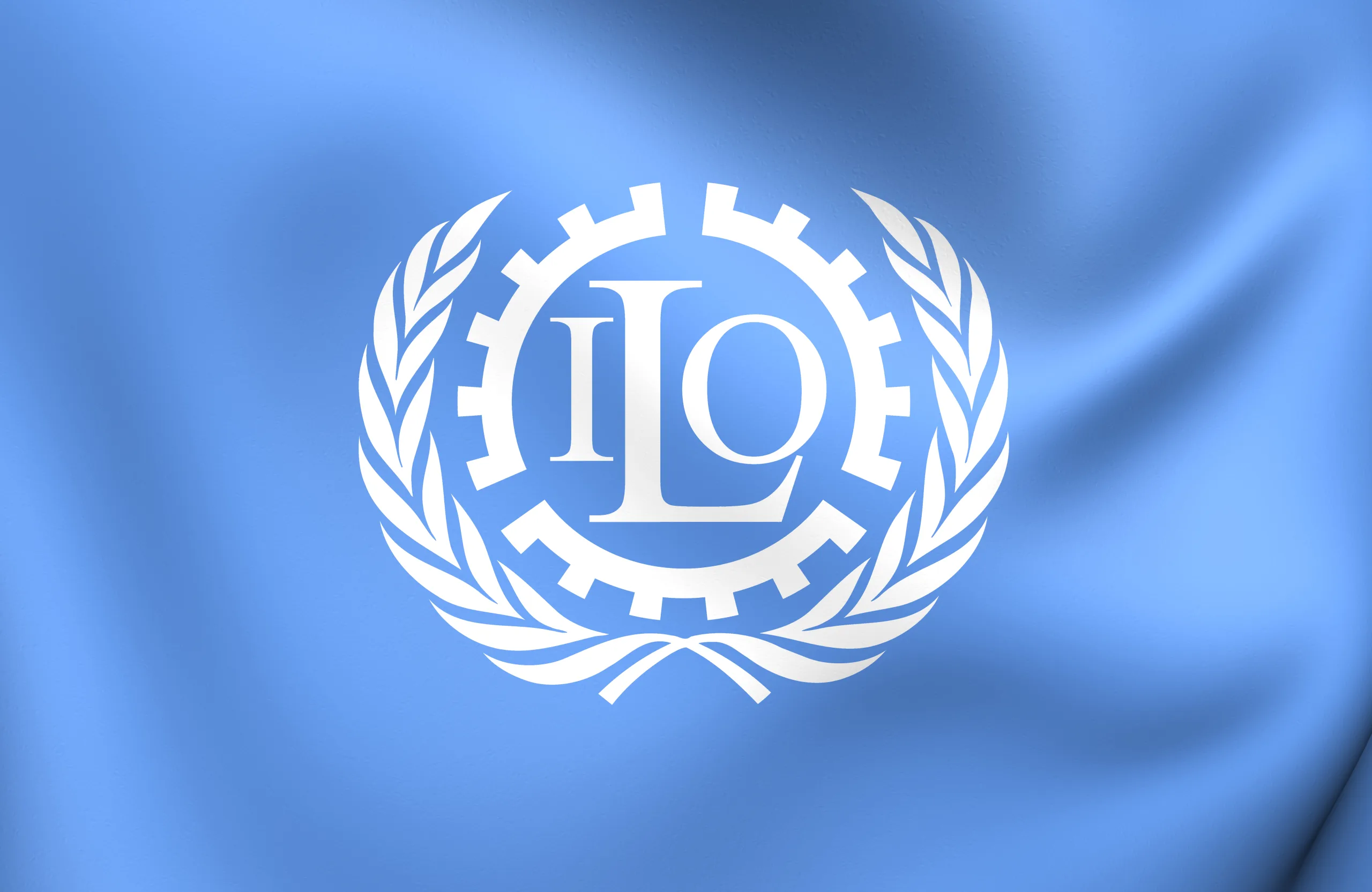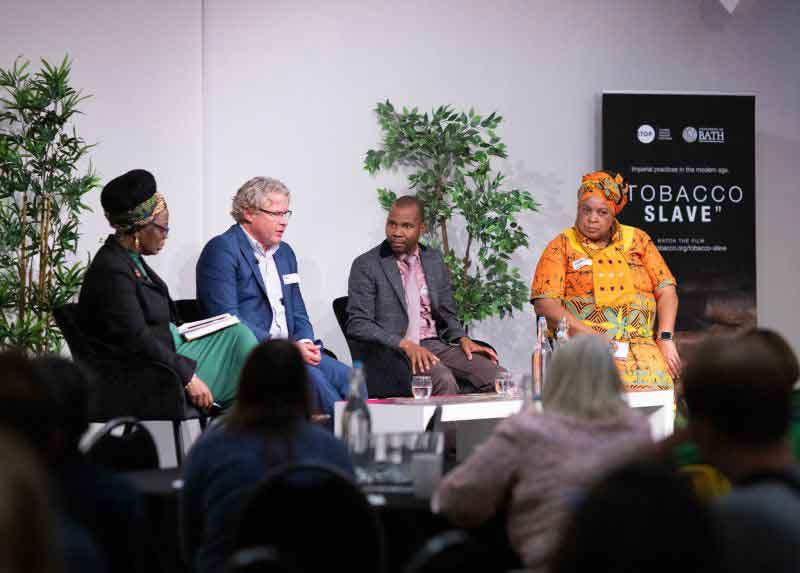- Resources
- News
-
-
Get Email Updates
Sign up for STOP's emails and never miss an update on our latest work and the tobacco industry's activity.
-
Get Funding
Ready to tackle industry interference? You could be eligible for a grant.
-
Share a Tip
Do you have information on tobacco industry misconduct in your country? Let us know.
-
Get Email Updates

To: Director General of the International Labor Organization (ILO) and the Government Members of the 337th Session of the ILO’s Governing Body
Reject Tobacco Funding. Regulate the Tobacco Industry.
As members of the development community, we call on you to reject tobacco industry funding, and instead, espouse strict regulation of the tobacco industry. These are critical steps to ensure that laborers are fully protected, and child labor is completely eliminated.
Child labor comes with adverse health impacts and deprivation of educational opportunities. The persistent, poor working environment and unfair bargaining conditions of tobacco workers, that leads to child labor; can be traced back to the multinational tobacco companies’ actions or omissions. The debt cycle perpetrated through tobacco industry’s contracts prevent farmers from seeking more lucrative alternatives that do not harm growers’ health through nicotine toxicity.
British American Tobacco, Japan Tobacco International, and Philip Morris International, among others, have targeted the International Labor Organization (ILO) as part of a global effort to rehabilitate their image. In the past decade, they have given ILO about $15 million to mask the $12 trillion they have cost global development. Such so-called corporate social responsibility (CSR) funds are meant to divert attention from the fact that tobacco production and consumption hinders progress towards the Sustainable Development Goals (SDGs); claiming, on an annual basis, 8 million lives, and leaving behind a devastating trail of social, economic, environmental and health harms.
We agree with the proposal that sustainable funding to support decent work in the labor sector must come from development financing and domestic sources. Crucial funding sources could include tobacco taxes and must not come as donations from the tobacco industry’s palms. The tobacco companies must comply with regulations on labor standards, and should be required to pay for the harms caused by its products and unethical behavior.
Any partnership with the tobacco industry directly contradicts the SDGs which includes strengthening the implementation of the World Health Organization (WHO) Framework Convention on Tobacco Control (FCTC), a treaty that requires governments to protect public health from the commercial and vested interests of the tobacco industry (Article 5.3). Such partnerships also contradict the spirit of various international instruments on human rights and workers’ rights.
Tobacco industry documents reveal that access to international organizations such as the ILO, is part of a broader strategy to establish credibility and gain access to policy makers for the purposes of undermining tobacco control measures and opening up new markets, including for its new range of addictive tobacco products. Association with the ILO lends legitimacy to the tobacco industry and adds to its ability to sell its lethal products, which are marketed in ways that attract children.
Therefore, we call on you to ensure that the ILO does not become complicit in the tobacco industry’s marketing and public relations plans.
Signed,
Sandra Mullin
Chair
Stopping Tobacco Organizations and Products (STOP)
Laurent Huber
Executive Director
Action on Smoking and Health (ASH)
Matthew L. Myers
President
Campaign for Tobacco-Free Kids (CTFK)
Michél Legendre
Associate Campaign Director
Corporate Accountability United States
Francis Thompson
Executive Director
Framework Convention Alliance (FCA)
Joanna Cohen, PhD
Director
Institute for Global Tobacco Control
Johns Hopkins Bloomberg School of Public Health
Katie Dain
Chief Executive Officer NCD Alliance
Florence Berteletti
Director for Advocacy
World Heart Federation (WHF)

